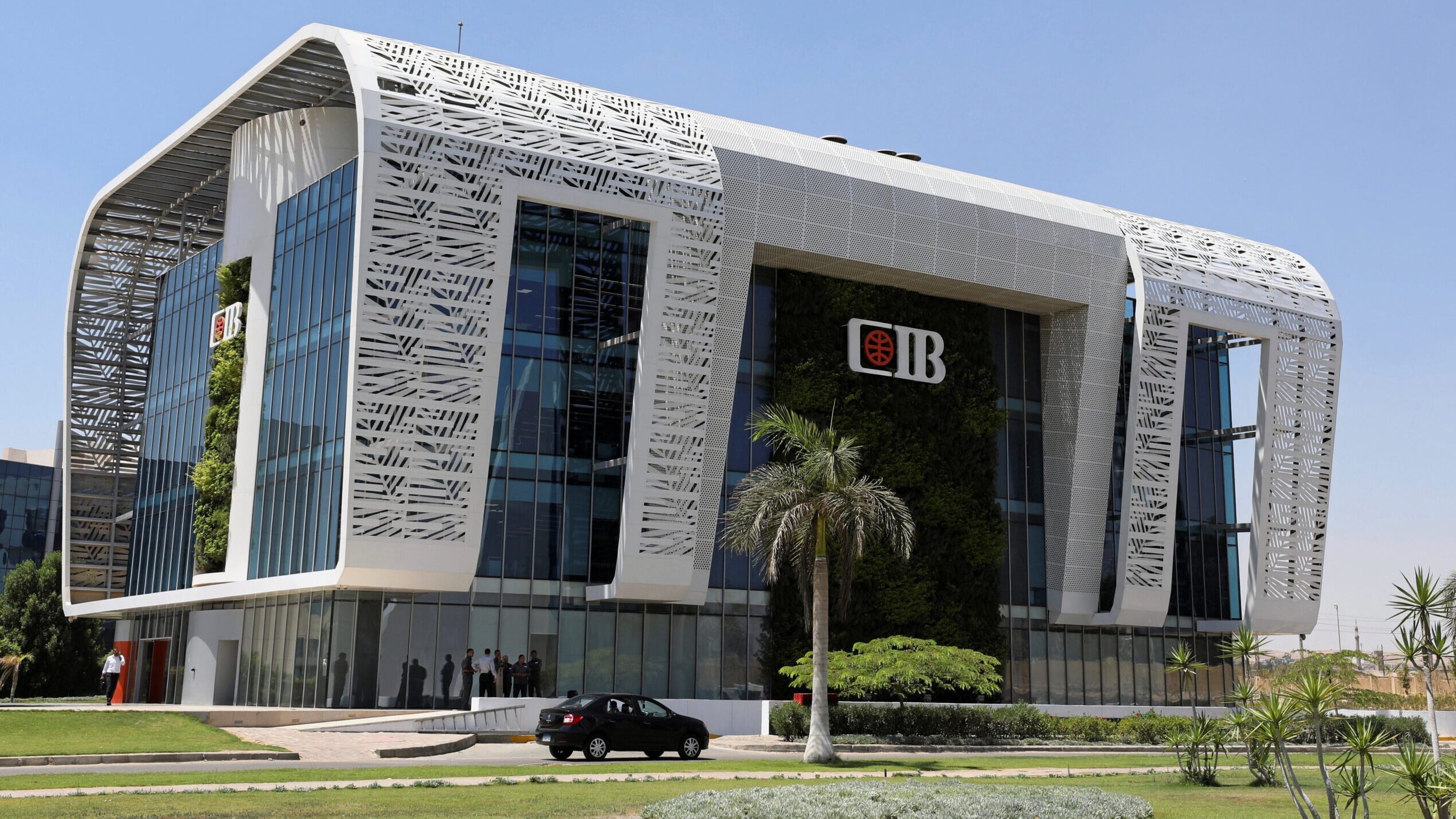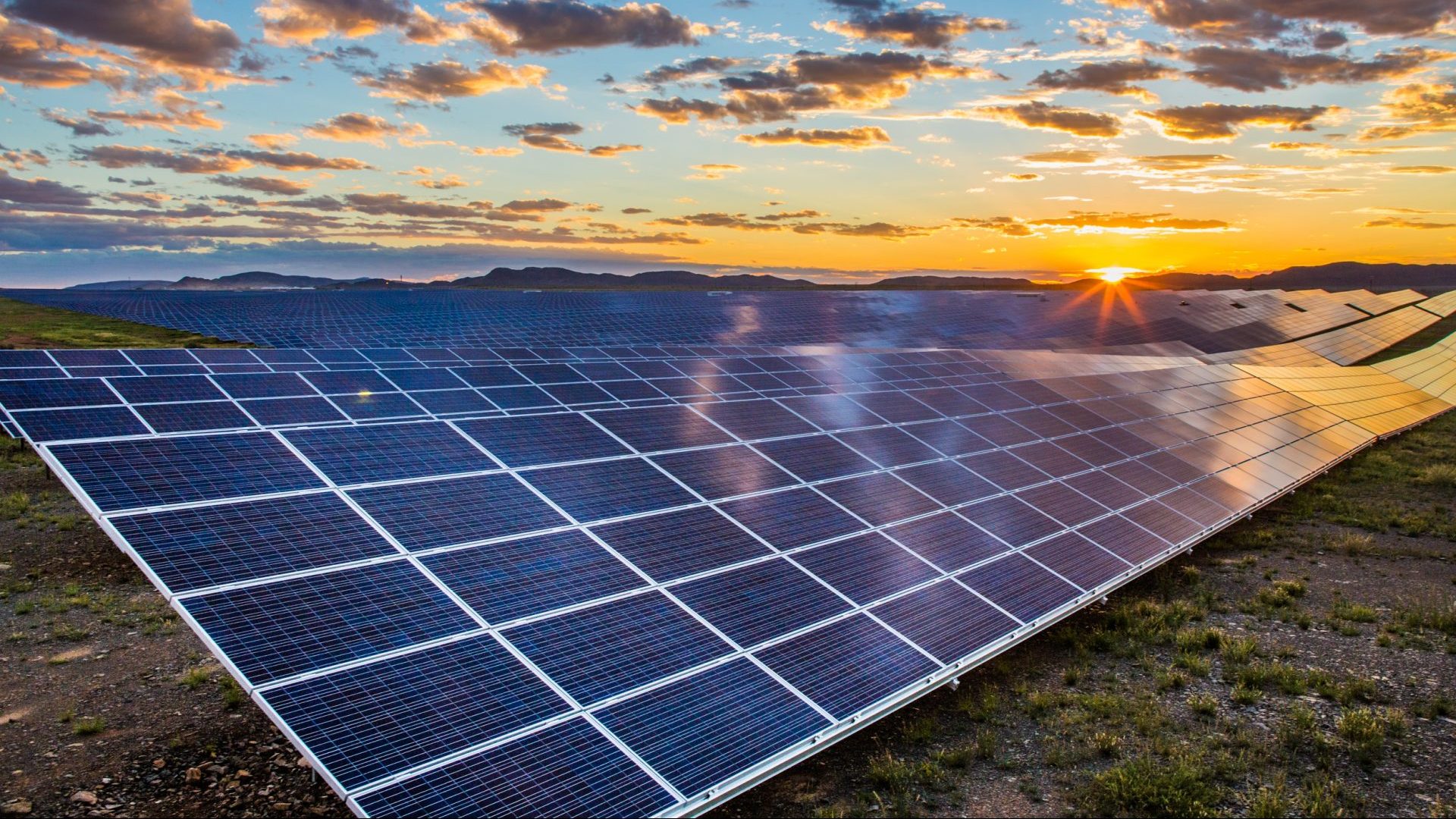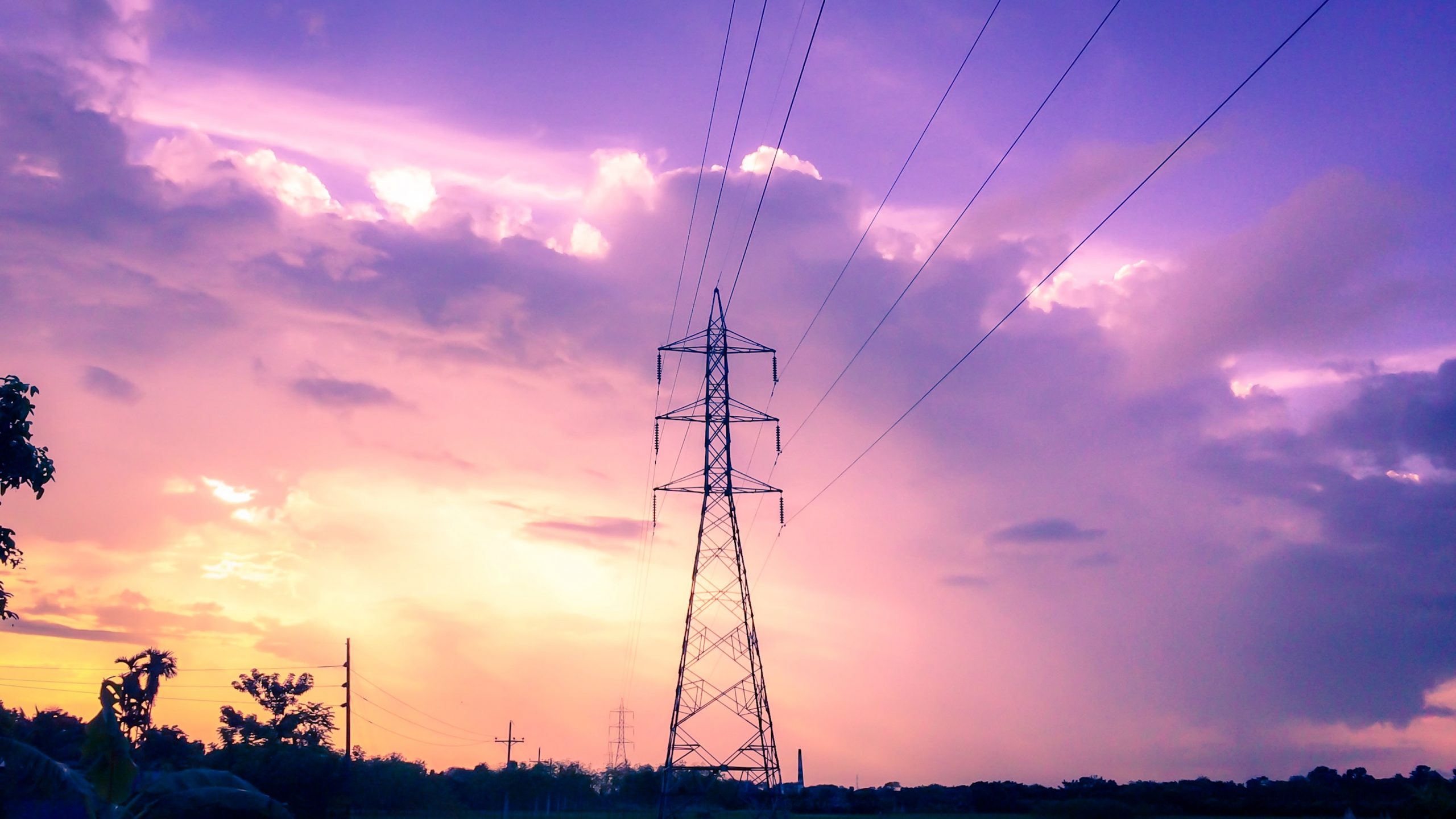The United Arab Emirates plans to build an oil pipeline connecting Eritrea and Ethiopia, the latest sign of the Gulf state’s increasing involvement in the Horn of Africa.
The pipeline will run from Eritrea’s port city of Assab to Ethiopia’s capital Addis Ababa, an Ethiopian official said.
Landlocked Ethiopia began extracting crude oil on a test basis from reserves in the country’s southeast in June and will need access through Eritrea in order to export it.
Ethiopian broadcaster Fana first reported the pipeline plan earlier on Friday following a meeting in Addis Ababa between Ethiopia Prime Minister Abiy Ahmed and Reem Al Hashimy, the UAE’s minister of state for international cooperation.
The UAE played a behind-the-scenes role in helping Ethiopia and Eritrea end a two-decade state of war last month, Reuters reported this week.
Hashimy, who last month publicly referred to herself as the UAE’s policy lead on sub-Saharan Africa, said after meeting Abiy that the UAE is keen to exploit investment opportunities in Ethiopia, a country of 100 million people with the fastest growing economy in Africa, Fana reported.
Abiy’s chief of staff, Fitsum Arega, told Reuters that the talks were largely on investment in “industries, agriculture, real estate, (the) oil pipeline, (and) resorts”.
“Most are under study,” Fitsum said in a text message.
Regional rivalry
The UAE is also driven by a fear that rivals such as Iran or Qatar could gain a foothold.
Both Qatar and Turkey are strong supporters of Somalia’s government.
Earlier this year ties frayed between Mogadishu and Abu Dhabi and the two countries ended a UAE military training programme in Somalia.
Abu Dhabi has a military base in Assab which it uses in its military campaign in the war in Yemen, located just across the Red Sea.
Saudi Arabia’s Foreign Minister Adel al-Jubeir arrived in Addis Ababa on Thursday and met with Abiy, although there were no detailed announcements from the meeting.
Last month, Reuters reported that Ethiopia had asked Saudi Arabia for a year’s supply of fuel with payment delayed for 12 months to ease severe foreign currency shortages.
Eritrea’s foreign minister and a close adviser to President Isaias Afkwerki arrived in Ethiopia on Friday to discuss progress on implementing the agreement they signed last month.
Status quo
The rapprochement ended Africa’s longest major military stalemate and holds great potential for both economies, which were held back by the “no war, no peace” status quo.
Though the two countries have re-opened embassies in each other’s capital and resumed flights, details ranging from border demarcation to war reparations have not been worked out.
SOURCE: Business Daily

Ethiopia has cleared the way for Safaricom to introduce M-Pesa in the market of 110 million people after deciding to include the ...

Egyptian largest private sector bank by assets Commercial International Bank (CIB) is seeking to acquire more banks to strengthen ...

The European Investment Bank and International Solar Alliance have published a study outlining access solutions to overcome key ...

Kenya has been ranked the top country in the world in reducing population with no access to electricity, pointing to the impact ...